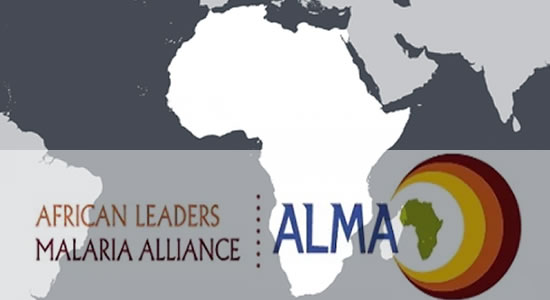There’s still quite a bit scientists do not know about the microbiome: the vast collection of microorganisms living within your body. What is becoming increasingly clear, however, is that peoples lifestyle and habits, from the foods they consume to the medications they take, may influence these bacterial colonies.
Even drinking seems to have an effect.
A new study, published Tuesday in the journal Microbiome, finds that drinking alcohol may alter some of the approximately 700 types of bacteria in a person's mouth and probably not for the better.
The study finds that alcohol may give rise to strains of oral bacteria that are linked to a heightened risk of some types of cancer, gum disease and heart disease, while simultaneously suppressing varieties that can protect the body from infection.
Past research has found similar results in animals, but the new paper is among the first to demonstrate such a link in humans.














